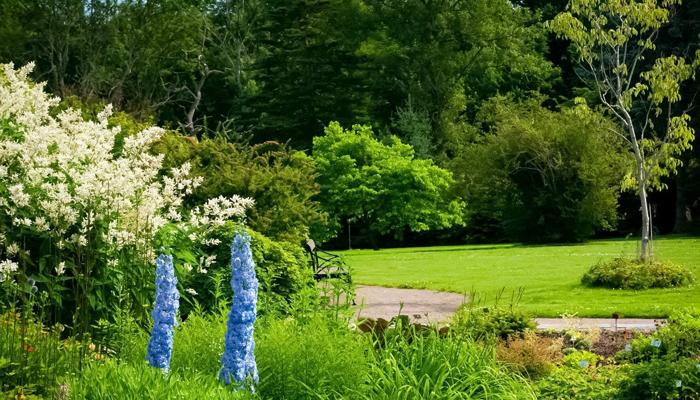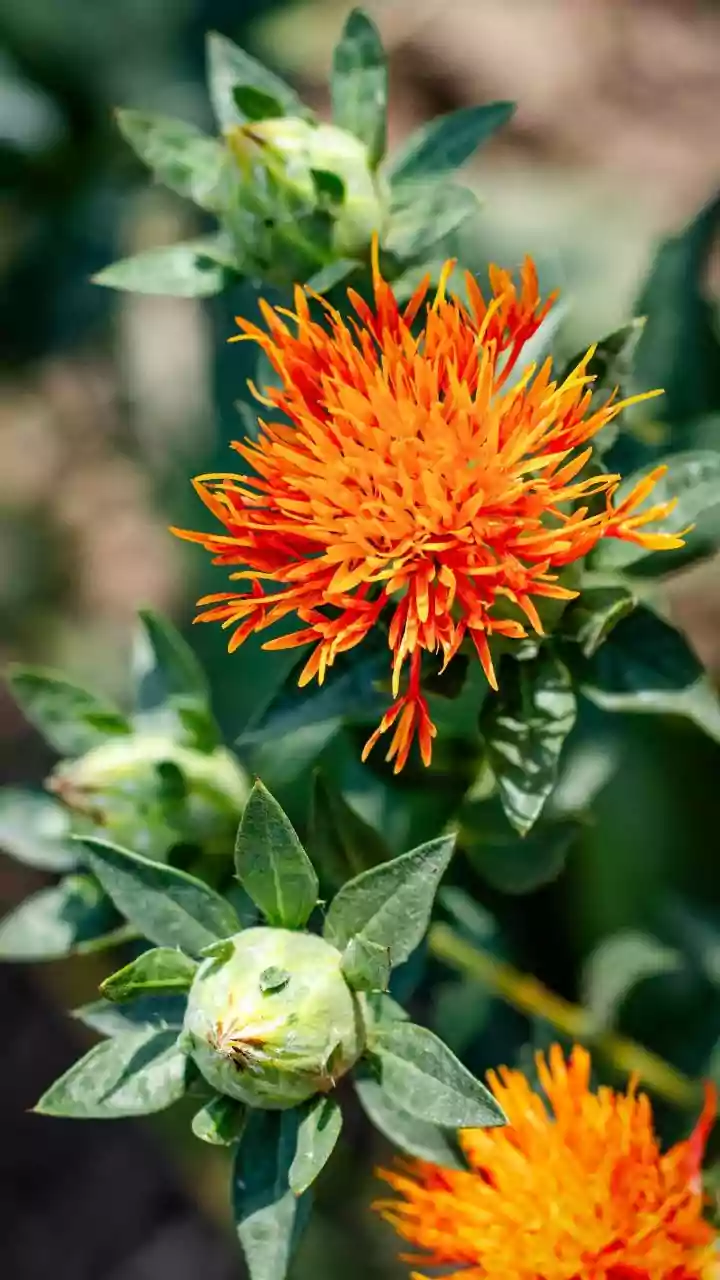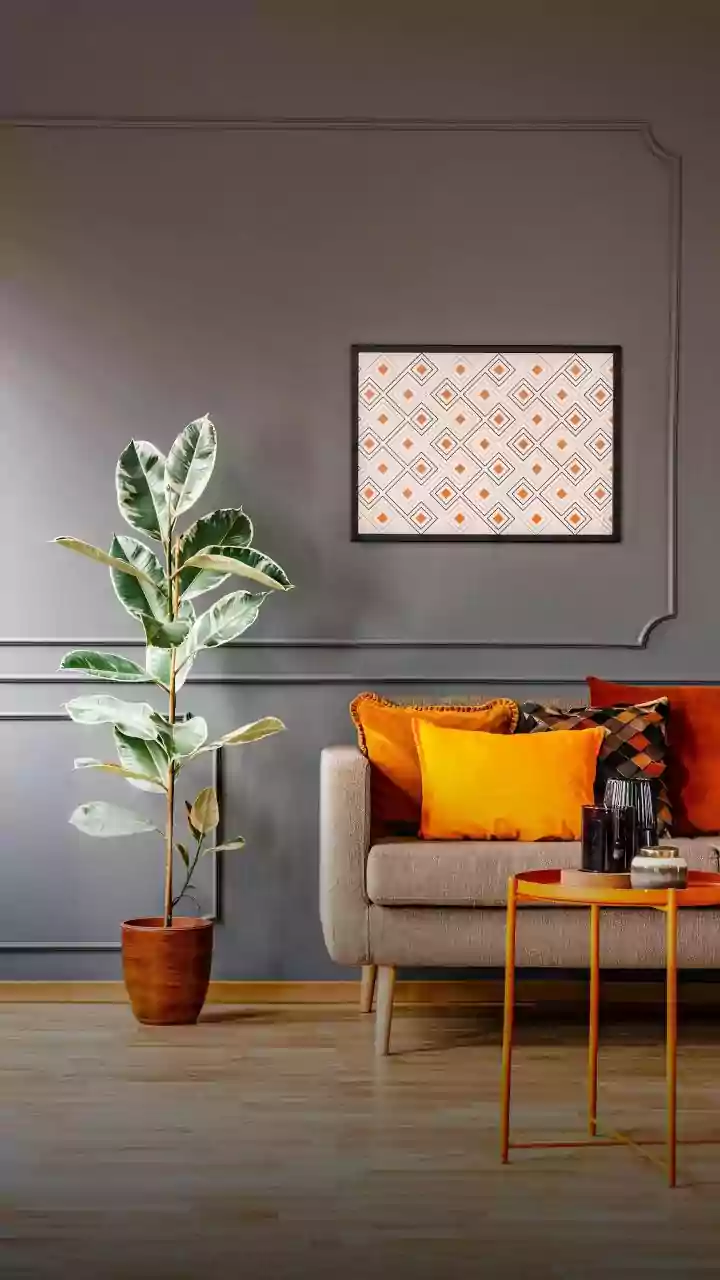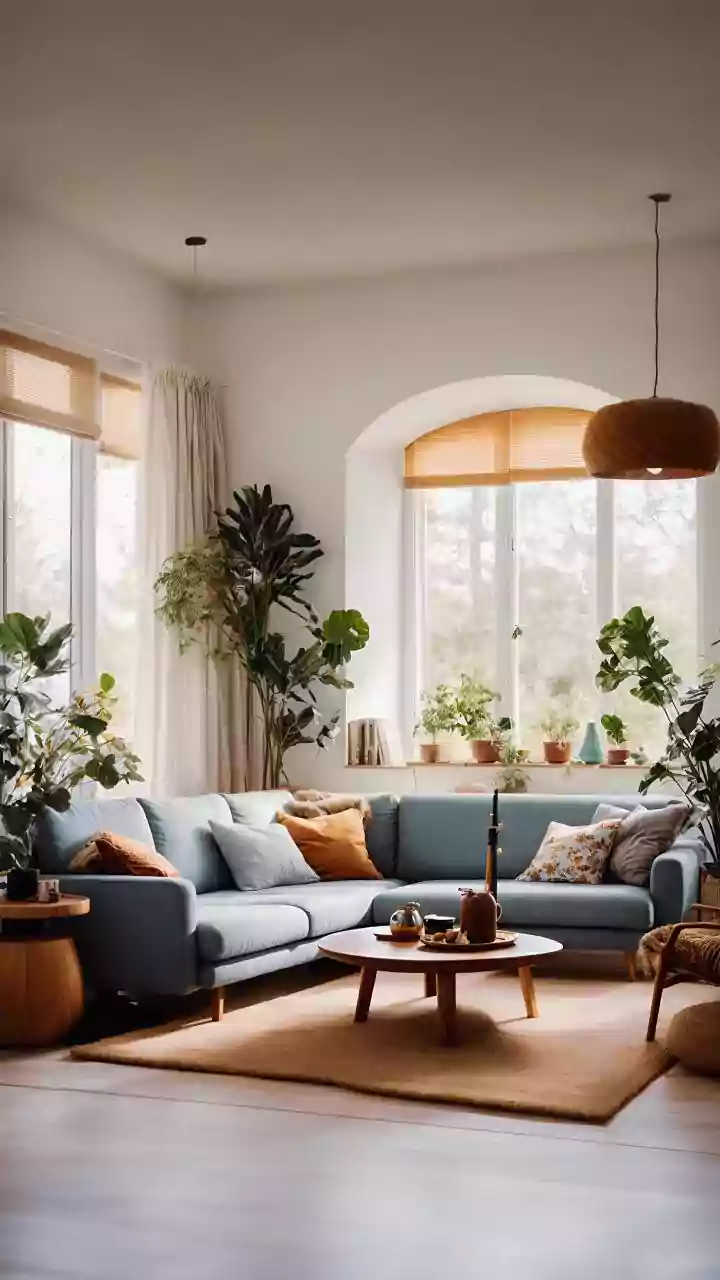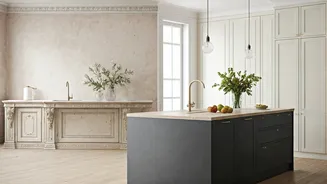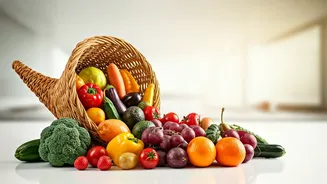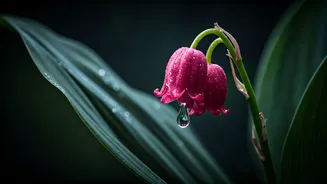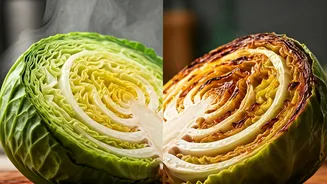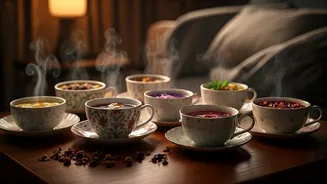Discover 10 Essential Tips for a Lush Indoor Garden! Learn how to nurture your green paradise inside. Read more for expert advice!
Namaste, green thumbs! Are you looking to bring the beauty of nature indoors?
An indoor garden can be a delightful addition to any home, adding freshness, color, and even purifying the air. But keeping those plants happy and healthy inside can be a bit tricky. Don't worry, we've got you covered!
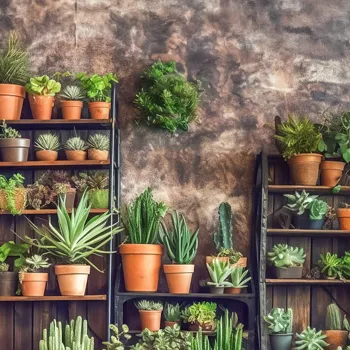
Here are 10 essential tips to help you cultivate a thriving indoor garden that will be the envy of all your neighbors. So, grab your gardening gloves, and let's get started! These tried and tested methods will help you create a little green paradise right within your four walls.
After all, who doesn't want a touch of greenery to brighten up their day? Let’s make your home, a haven for your green buddies!
Lighting is crucial for plant growth, adjust light based on plant type
First and foremost, lighting is the key. Plants need light to perform photosynthesis, the process by which they create their food. The amount of light your plants need will depend on the type of plant you have.
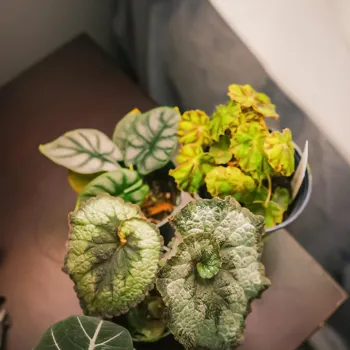
Some plants thrive in bright, direct sunlight, while others prefer indirect or filtered light. Observe how the sunlight enters your home throughout the day. Plants placed near south-facing windows typically receive the most light, while north-facing windows offer the least.
If you don't have enough natural light, invest in grow lights. These special lights mimic sunlight and provide your plants with the energy they need to grow. Remember to adjust the type and intensity of light according to the individual needs of each plant.
Also, dust the leaves regularly to allow more light to reach the plant tissues. Positioning your plants strategically will greatly improve their chances of success.
Choose right pots, soil for healthy plant growth; repot as needed
Secondly, finding the right pots and soil is essential for healthy plant growth. Choose pots that are the right size for your plants, with good drainage holes to prevent waterlogging. Waterlogged roots can lead to root rot, a common killer of indoor plants.
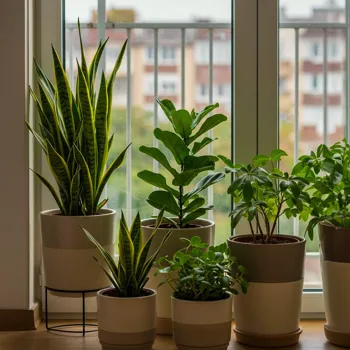
The material of pots greatly helps plant thriving. Terracotta pots works better that plastic pots as the terracotta provide better air circulation. Use a well-draining potting mix. Regular garden soil is too heavy for indoor plants and can compact, preventing roots from getting the air they need.
A good potting mix will contain ingredients like peat moss, perlite, and vermiculite, which help with drainage and aeration. Repot your plants as they grow, moving them into larger pots as needed. Check for roots circling the inside of the pot; this is a sign that it's time to repot.
Proper watering crucial for plant health; over watering harmful
Third up is the water balance!. Over watering is very harmful foe a plant, it causes roots to rot, and the plant dies soon. Watering your plants properly is crucial. Over watering is one of the most common mistakes people make with indoor plants. It's always better to under water than over water.
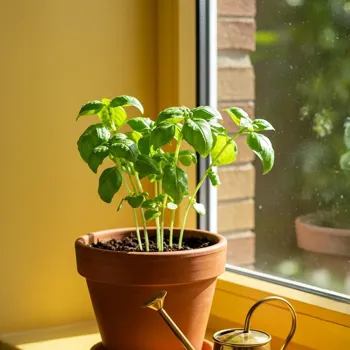
Before watering, check the soil moisture by sticking your finger about an inch into the soil. If the soil feels dry, it's time to water. Water thoroughly until water drains out of the drainage holes. Allow the excess water to drain away; don't let your plants sit in standing water.
The frequency of watering will depend on the type of plant, the size of the pot, and the humidity level. Some plants need to be watered every few days, while others can go a week or more between watering. Observe your plants and adjust your watering schedule accordingly.
Maintain ideal temperature and humidity for indoor plants
Fourth, is the temperature and humidity. Most indoor plants thrive in temperatures between 65°F and 75°F (18°C and 24°C). Avoid placing your plants near drafts or heat sources, such as air conditioners or radiators. Sudden changes in temperature can stress your plants.
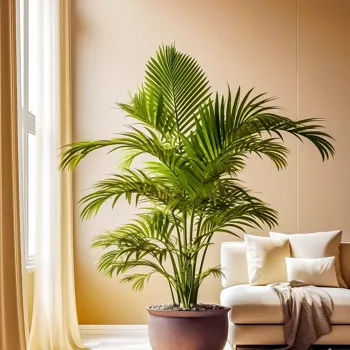
Humidity is also important for many indoor plants, especially those that originate from tropical regions. If the air in your home is dry, you can increase the humidity by using a humidifier, placing your plants on a tray of pebbles filled with water, or grouping your plants together.
Misting your plants regularly can also help increase humidity, but be careful not to over mist, as this can lead to fungal problems. Monitor your plant's reaction and adjust the actions accordingly.
Plants need proper fertilization for growth and health
Fifth, we must keep in mind, fertilization of the plants. Plants need nutrients to grow and thrive. Fertilize your plants regularly during the growing season (spring and summer). Use a balanced liquid fertilizer, diluted to half strength. Follow the instructions on the fertilizer label.
Avoid fertilizing your plants during the dormant season (fall and winter), as they don't need as many nutrients at this time. Over fertilizing is very worse for the plants. It can burn the roots and damage the leaves, so it's always better to under fertilize than over fertilize.
A good fertilizer provides great growth to the plant. Organic fertilizers are very useful for plant health. It does not only provide nutrition, but also helps them to survive any kind of diseases.
Regularly inspect and treat plants for pests and diseases
Sixth is the pest and disease control. Even indoor plants can be susceptible to pests and diseases. Regularly inspect your plants for signs of pests, such as aphids, spider mites, or mealybugs. If you find any pests, treat them promptly with insecticidal soap or neem oil.
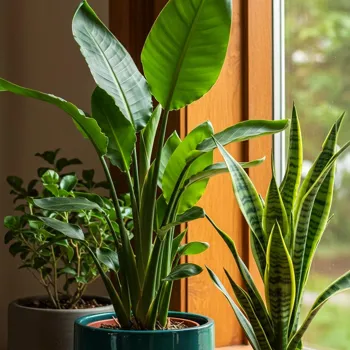
These are organic and safe for your plants. Preventative measures are also important. Keep your plants clean by wiping the leaves regularly with a damp cloth. This will help remove dust and prevent pests from infesting your plants. Provide good air circulation to prevent fungal diseases.
With a little care and attention, you can keep your indoor garden healthy and pest-free. Always check the plants carefully before buying, especially when buying online. Quarantine new plants for the first few weeks to ensure they are not harboring any pests or diseases.
This prevents the spread of problems to your other plants.
AI Generated Content. Glance/InMobi shall have no liability for the content